Rachel Guido de Vries: A Poem in Every Heart
Rachel Guido de Vries is a poet and fiction writer. She has written three books of poems: How to Sing to a Dago, (Guernica, 1996); Gambler’s Daughter, (Guernica, 2001), and The Brother Inside Me (Guernica, 2008). Her first children’s book, Teeny Tiny Tino’s Fishing Story, (Bordighera, 2008) was a winner of the Paterson Prize for Books for Young People Award. Bordighera Books will publish a new collection of her poems, A Woman Unknown in Her Bones, and a new children’s picture book, Stati Zita, Josie, in 2014. She is a poet-in-the-schools, and gives workshops independently. She lives in Cazenovia, New York.
One of the things I love about Poets & Writers is the support of readings and workshops outside of the academy. Don’t get me wrong: I went to grad school at Syracuse University in the mid to late '70s and I have received funding from P&W to do readings at colleges and universities for thirty-some years. But it has been the readings and workshops outside of the academy that have most enriched me. This support has allowed me to offer poetry to male and female inmates at a psychiatric center for convicted felons in Marcy, New York, where I was a poet in residence for over ten years; at migrant farm worker camps in western New York, where workers left the fields after sunset, and after a day of digging potatoes. They would shower before coming to workshop, and that often meant we would be writing poems after nine at night, in a small trailer, or in the juke, the common kitchen area at a migrant camp.
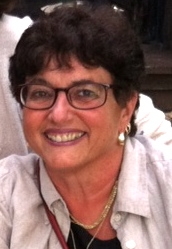
I’ve done workshops with senior citizens and with inner city kids and adults in the city of Syracuse. What a gift this has been. I have seen poems blossom in every setting, and I have come to cherish working with marginalized communities—I feel enriched by what I have learned from these students, and I hope that I have at least on occasion brought to celebration voices not frequently heard, by writers too often silenced by poverty, education, or class, race, or gender.
For me, the support of Poets & Writers has been a kind of writer’s lifeline, connecting me to students I would never otherwise encounter. Their desire to write, and their love of words, their ability and interest in the image as a way into meaning, and into sharing the meaning of their lives is profound, and often startling. Asking young poets to write about peace, a seven-year-old wrote: “War is as savage / as a hunter in deer season / Peace is a descendant of Aphrodite / War is a descendant of Ares.”
A convicted felon in the prison workshop wrote a poem beginning: “My heart is like a little bird…” His big, muscled frame the cage of safety, perhaps, for that little bird beating away inside of him. A Christmas poem written by a young inmate was heart breaking—he wrote all about what he did not want for Christmas, including no more living on the street, no more shame to his mother. The repetition of the phrase “I don’t want” followed by such poignant hopes is a poem that has stayed with me for decades. In fact, I often use that idea—what one does NOT want for Christmas—as a poetry exercise for students.
In a way, I think the sheer honesty and truth of these poets have kept me humble and in awe of the power poems have to move us to voice and insight. Their work has sharpened my own work, the clarity of image, the meaning I hope to evoke. The pure imagery created in these workshops, without artifice or self consciousness, is moving. I believe and have always believed that poetry is a gate to true literacy; that the image is often a key to unlock what I call the “Blue Door,” the door within each of us, behind which all we need to say and all we know is waiting to be set free on the wings of poems, borne up on faith and the belief in what one knows.
Photo: Rachel Guido de Vries. Photo Credit: Anonymous
Support for Readings & Workshops in New York is provided, in part, by public funds from the New York State Council on the Arts, with additional support from the Friends of Poets & Writers.





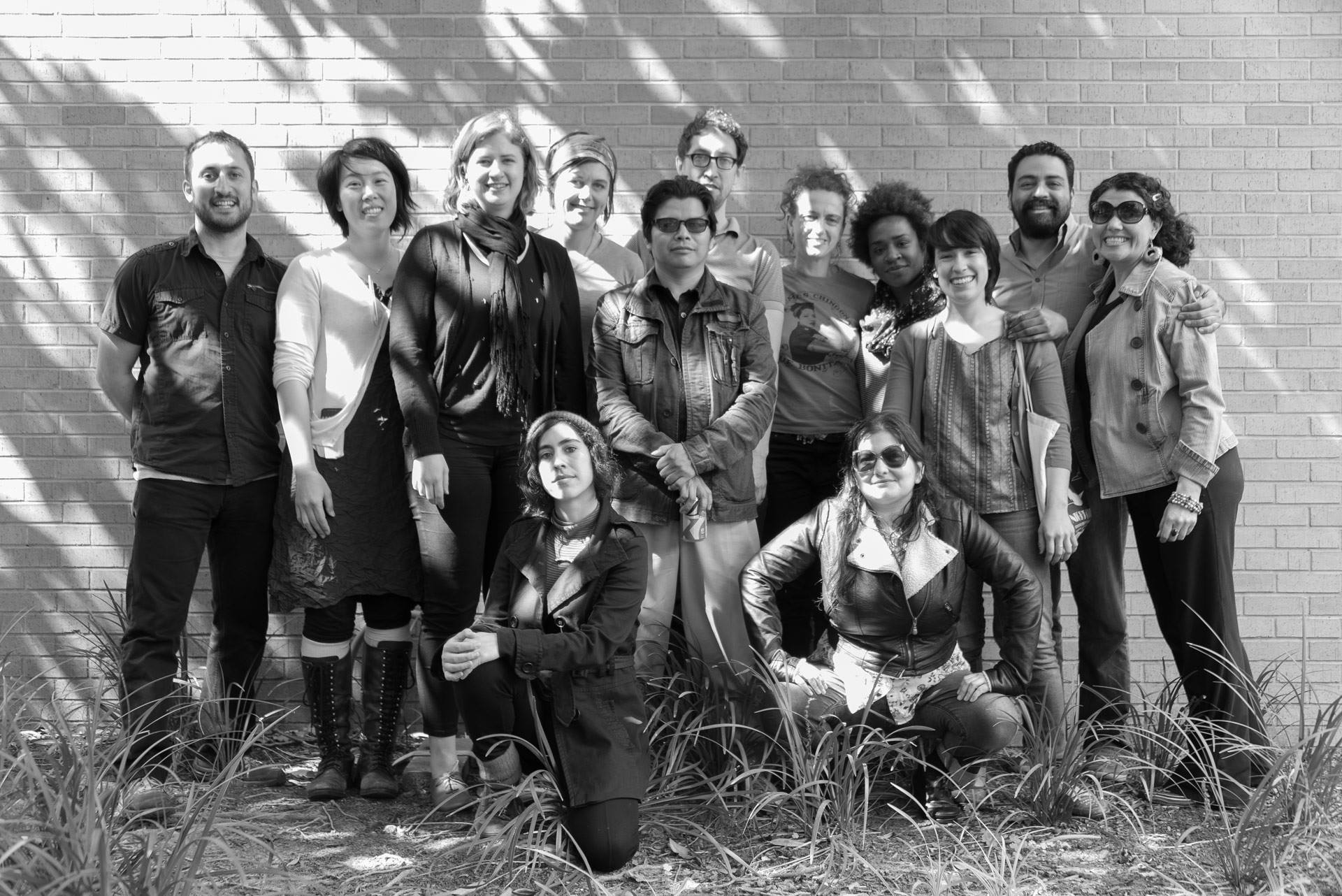
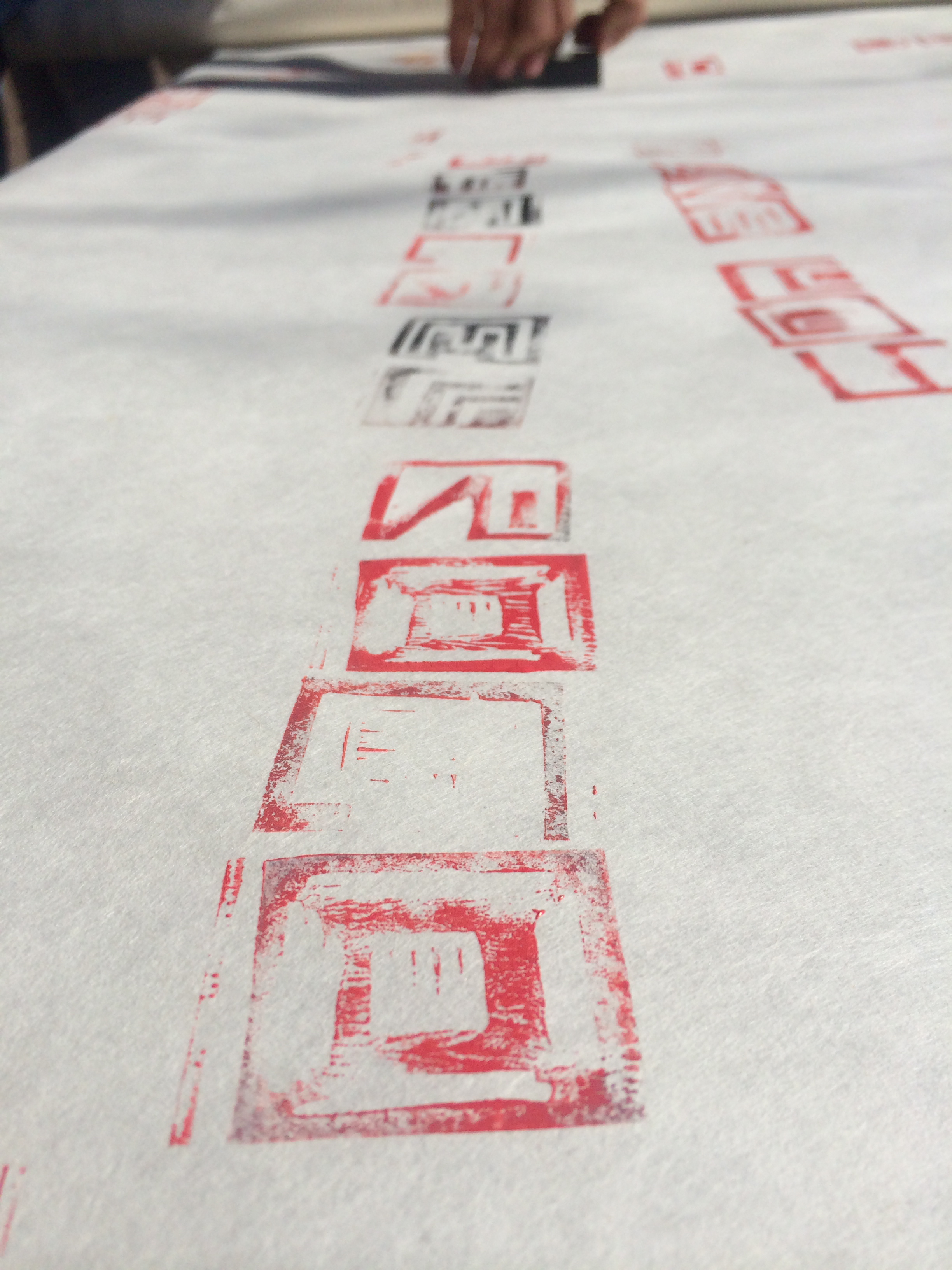
 Women poets may enter the To the Lighthouse Poetry Book Prize by submitting a manuscript of 48 to 96 pages (two-thirds of which must be unpublished); women fiction and nonfiction writers may enter the Clarissa Dalloway Book Prize by submitting a manuscript of 50,000 to 150,000 words. Novels, novellas, memoirs, biographies, young adult literature, and graphic novels are eligible. The entry fee for both prizes is $20; entrants may submit using the
Women poets may enter the To the Lighthouse Poetry Book Prize by submitting a manuscript of 48 to 96 pages (two-thirds of which must be unpublished); women fiction and nonfiction writers may enter the Clarissa Dalloway Book Prize by submitting a manuscript of 50,000 to 150,000 words. Novels, novellas, memoirs, biographies, young adult literature, and graphic novels are eligible. The entry fee for both prizes is $20; entrants may submit using the 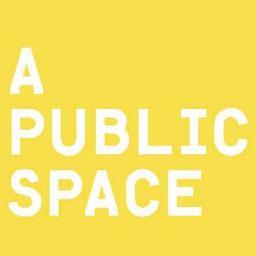 om any country who have not yet published or been contracted to write a full-length book are eligible. Fiction and nonfiction writers may submit a previously unpublished short story or essay in English and a cover letter
om any country who have not yet published or been contracted to write a full-length book are eligible. Fiction and nonfiction writers may submit a previously unpublished short story or essay in English and a cover letter 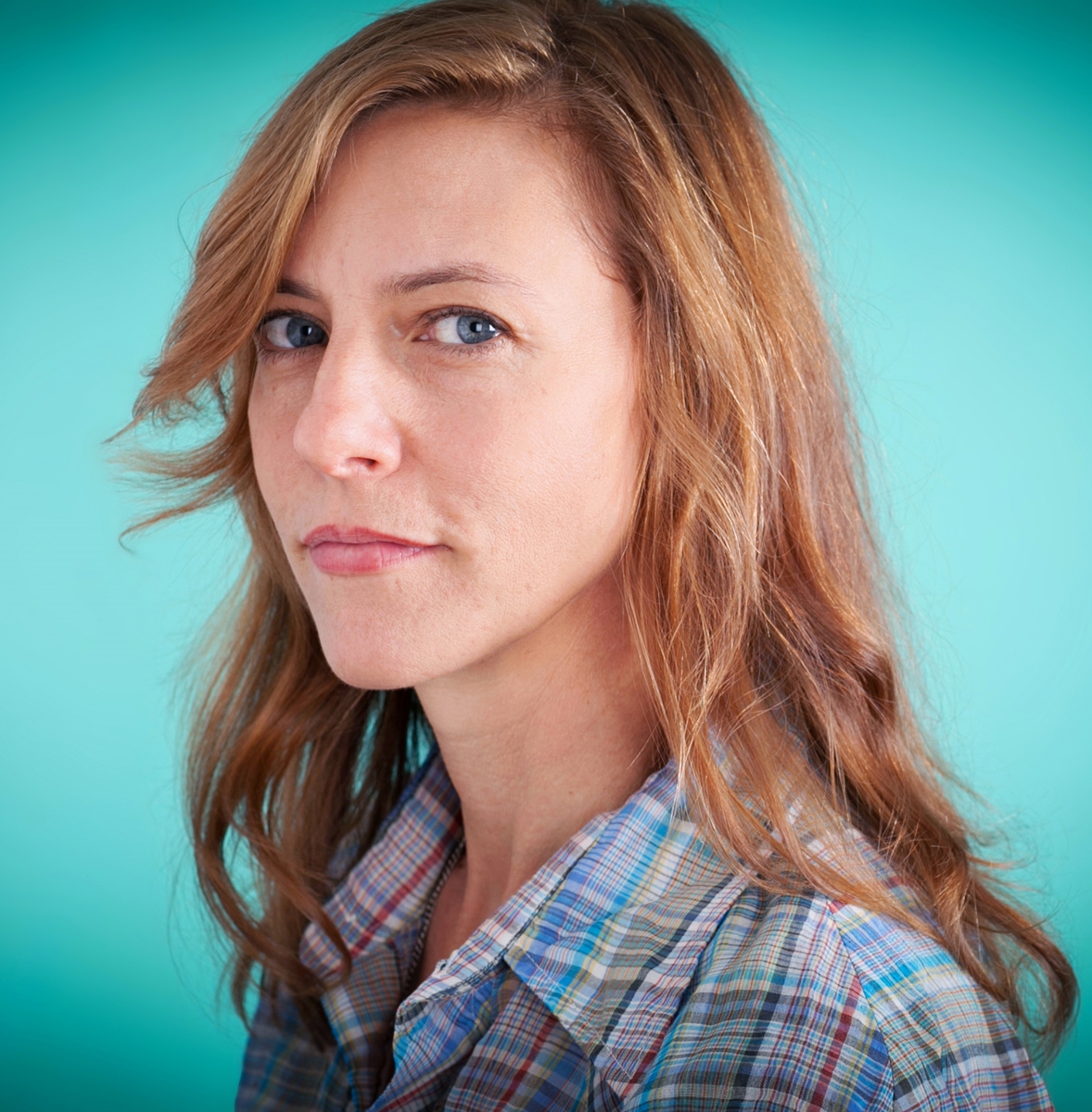 What are your reading do's?
What are your reading do's? 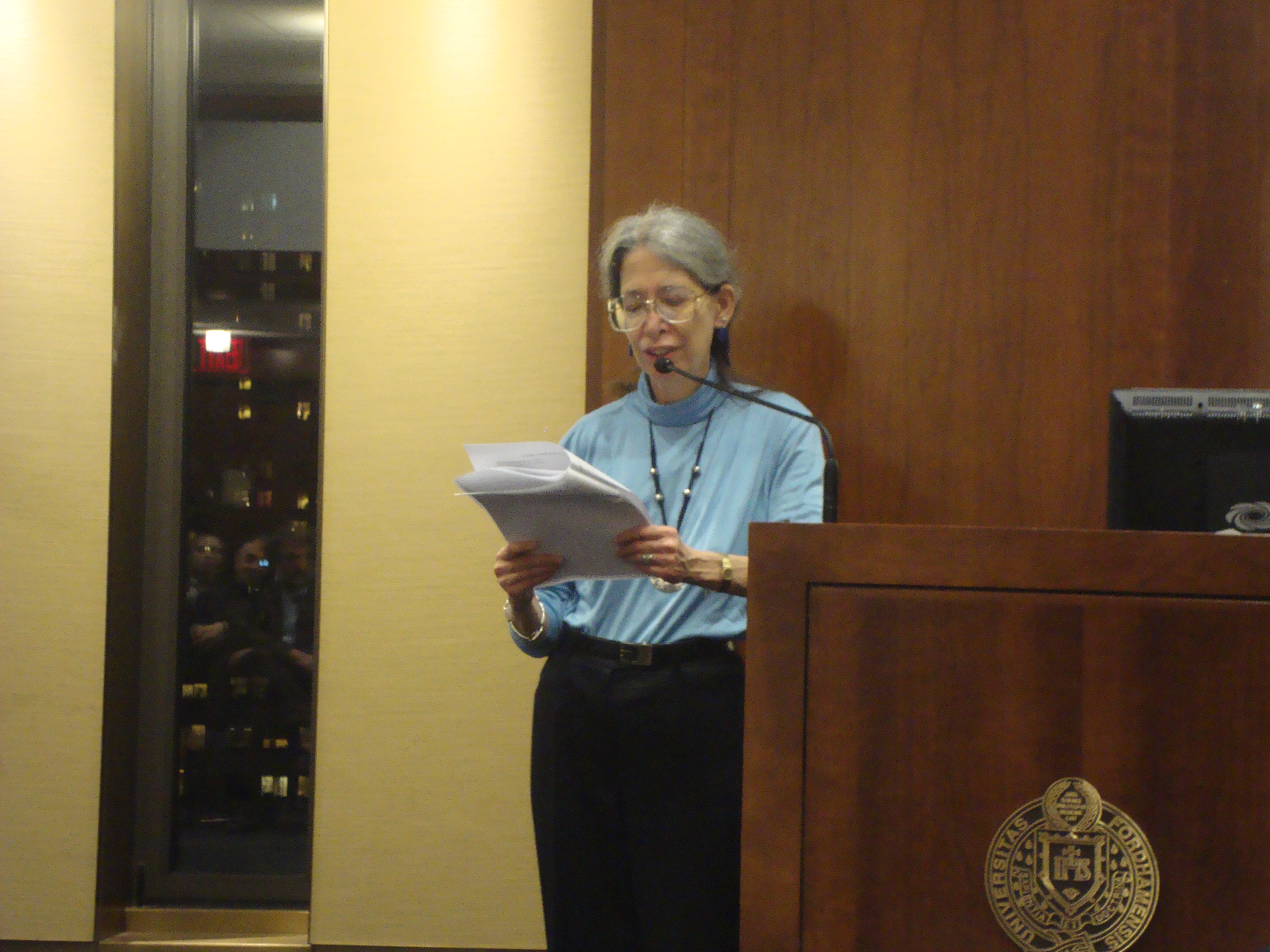 After I’d taught for many years at Carleton College and the University of Wisconsin (and more briefly elsewhere), Fordham University offered me the John D. Boyd SJ, Chair in the Poetic Imagination—an appointment that I might well have accepted for that title alone. When I arrived, Elisabeth Frost was heroically directing both the Poets Out Loud readings and the contest whose winner, the POL Prize book, is published by Fordham University Press. But about a year later Beth decided to focus on the latter portfolio, her work as editor of the Poets Out Loud book series (she shortly afterwards expanded the program to include publishing a second book each year)—and I happily inherited the program of poetry readings.
After I’d taught for many years at Carleton College and the University of Wisconsin (and more briefly elsewhere), Fordham University offered me the John D. Boyd SJ, Chair in the Poetic Imagination—an appointment that I might well have accepted for that title alone. When I arrived, Elisabeth Frost was heroically directing both the Poets Out Loud readings and the contest whose winner, the POL Prize book, is published by Fordham University Press. But about a year later Beth decided to focus on the latter portfolio, her work as editor of the Poets Out Loud book series (she shortly afterwards expanded the program to include publishing a second book each year)—and I happily inherited the program of poetry readings.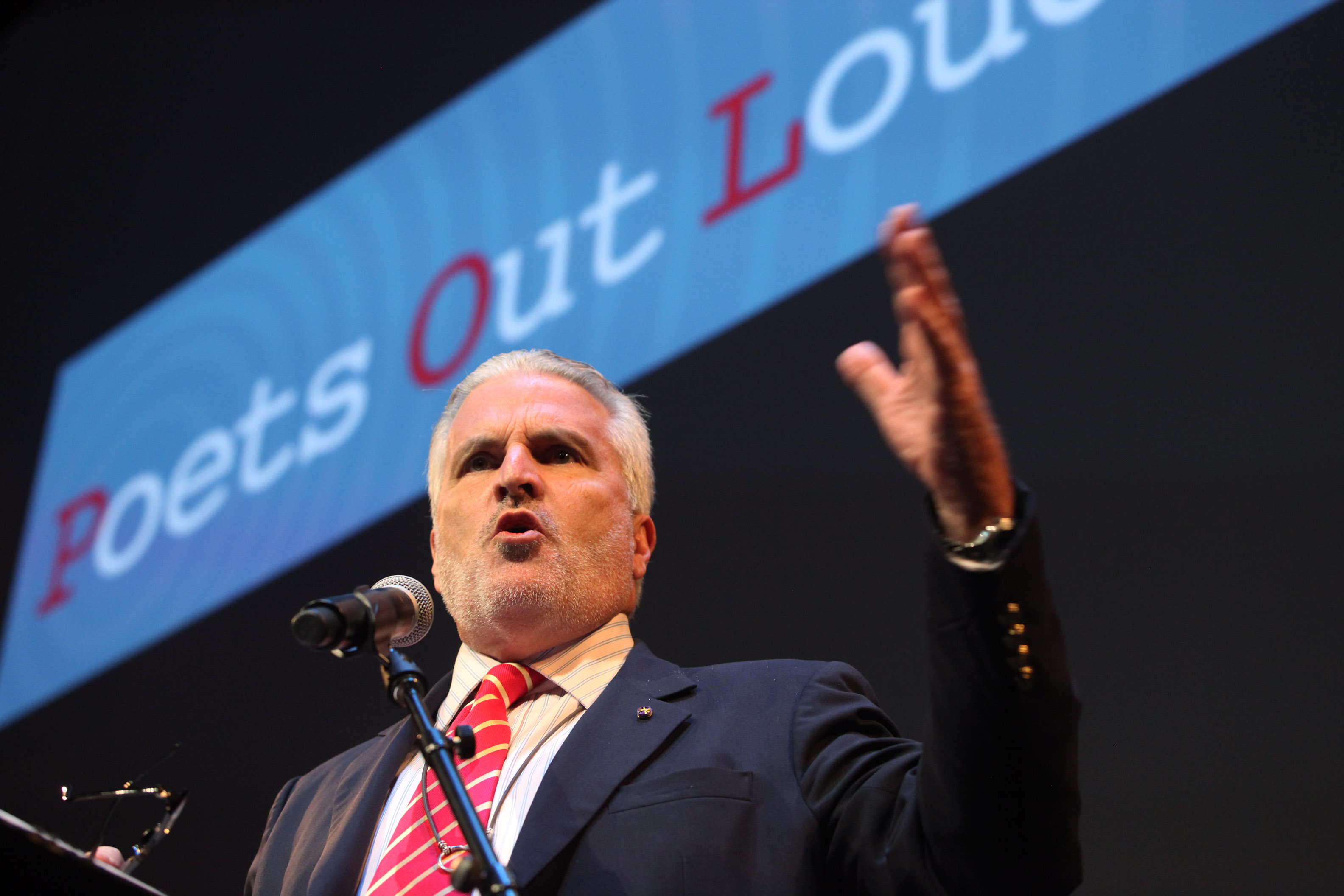 Taking over a series that was already going strong opened up possibilities for additional initiatives. Looking inwards to the Fordham community, we now encourage entering students to become familiar with POL from the get-go by connecting our September reading to the themes of First-Year Orientation. Looking outwards, we have an outreach to high school students from underserved communities; our current partners are
Taking over a series that was already going strong opened up possibilities for additional initiatives. Looking inwards to the Fordham community, we now encourage entering students to become familiar with POL from the get-go by connecting our September reading to the themes of First-Year Orientation. Looking outwards, we have an outreach to high school students from underserved communities; our current partners are 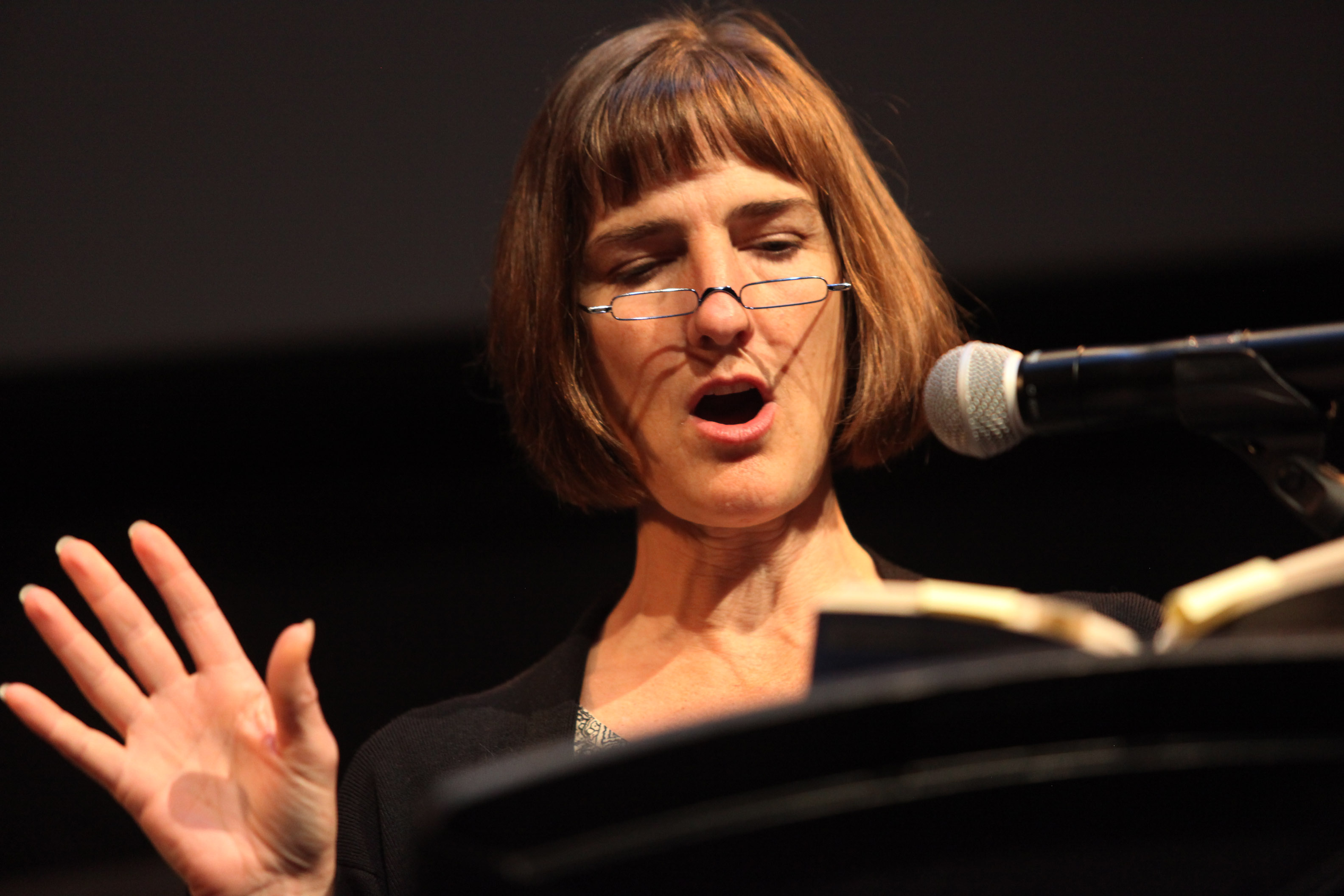 The touchstones for poetry that Emily Dickinson famously identified also aptly describe directing a poetry reading series. “If...it makes my whole body so cold no fire can ever warm me”—yes, that describes running a poetry series when an elaborately planned event like that one is cancelled or when one discovers the day before a reading that another group is widely announcing that it has booked the room assigned to us. On the other hand, Dickinson also declares of poetry, “I feel physically as if the top of my head were taken off”—and the top of my head has been delightfully and delightedly blown off by the readings themselves and by the audience’s responses. Witness comments such as “Fantastic series. Has reignited my love of poetry” and “Much more entertaining than I had ever expected to find poetry” and "Poets Out Loud reminds me how and why I fell in love with poetry and why it will always be a part of me.”
The touchstones for poetry that Emily Dickinson famously identified also aptly describe directing a poetry reading series. “If...it makes my whole body so cold no fire can ever warm me”—yes, that describes running a poetry series when an elaborately planned event like that one is cancelled or when one discovers the day before a reading that another group is widely announcing that it has booked the room assigned to us. On the other hand, Dickinson also declares of poetry, “I feel physically as if the top of my head were taken off”—and the top of my head has been delightfully and delightedly blown off by the readings themselves and by the audience’s responses. Witness comments such as “Fantastic series. Has reignited my love of poetry” and “Much more entertaining than I had ever expected to find poetry” and "Poets Out Loud reminds me how and why I fell in love with poetry and why it will always be a part of me.”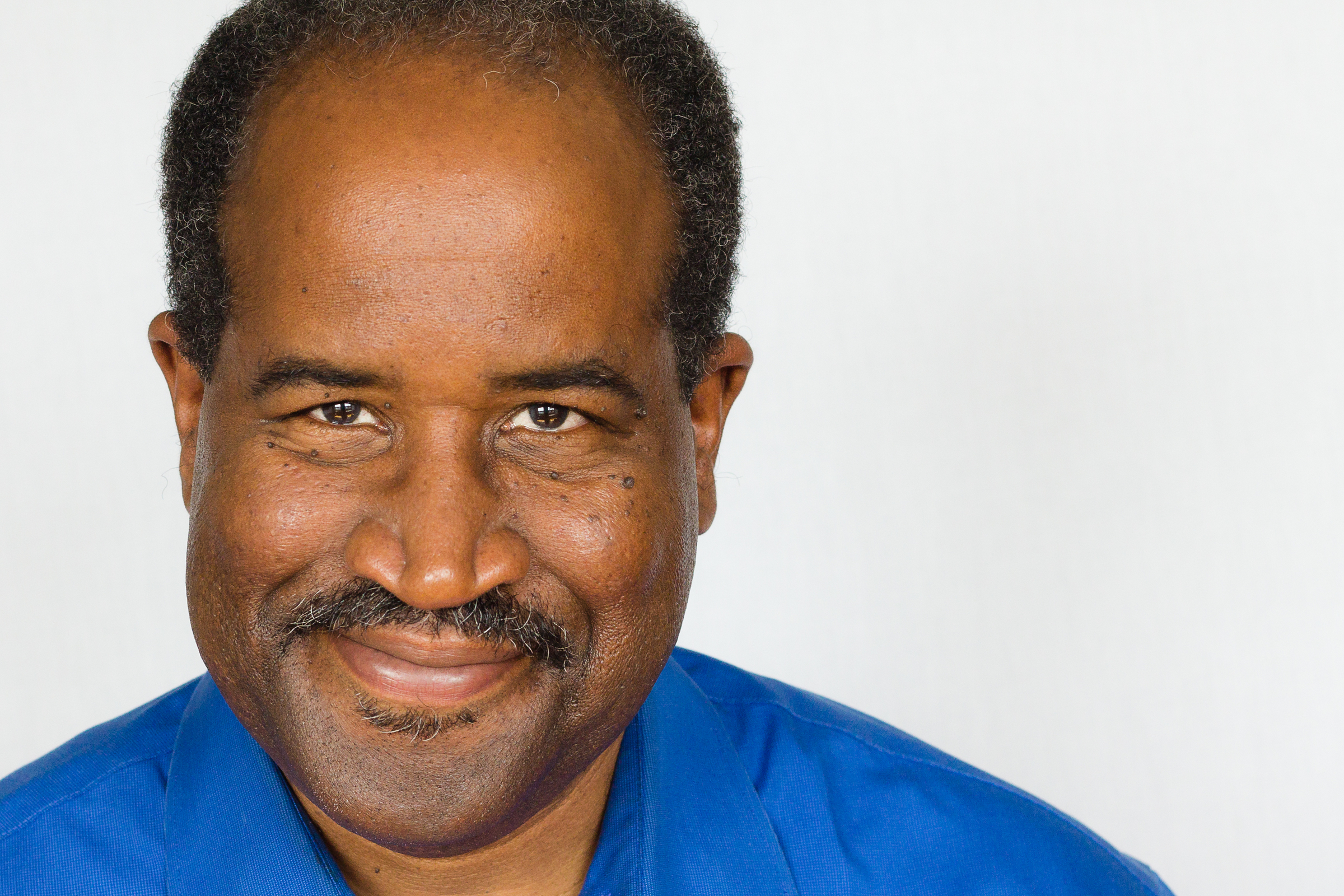 The son of a sharecropper,
The son of a sharecropper, 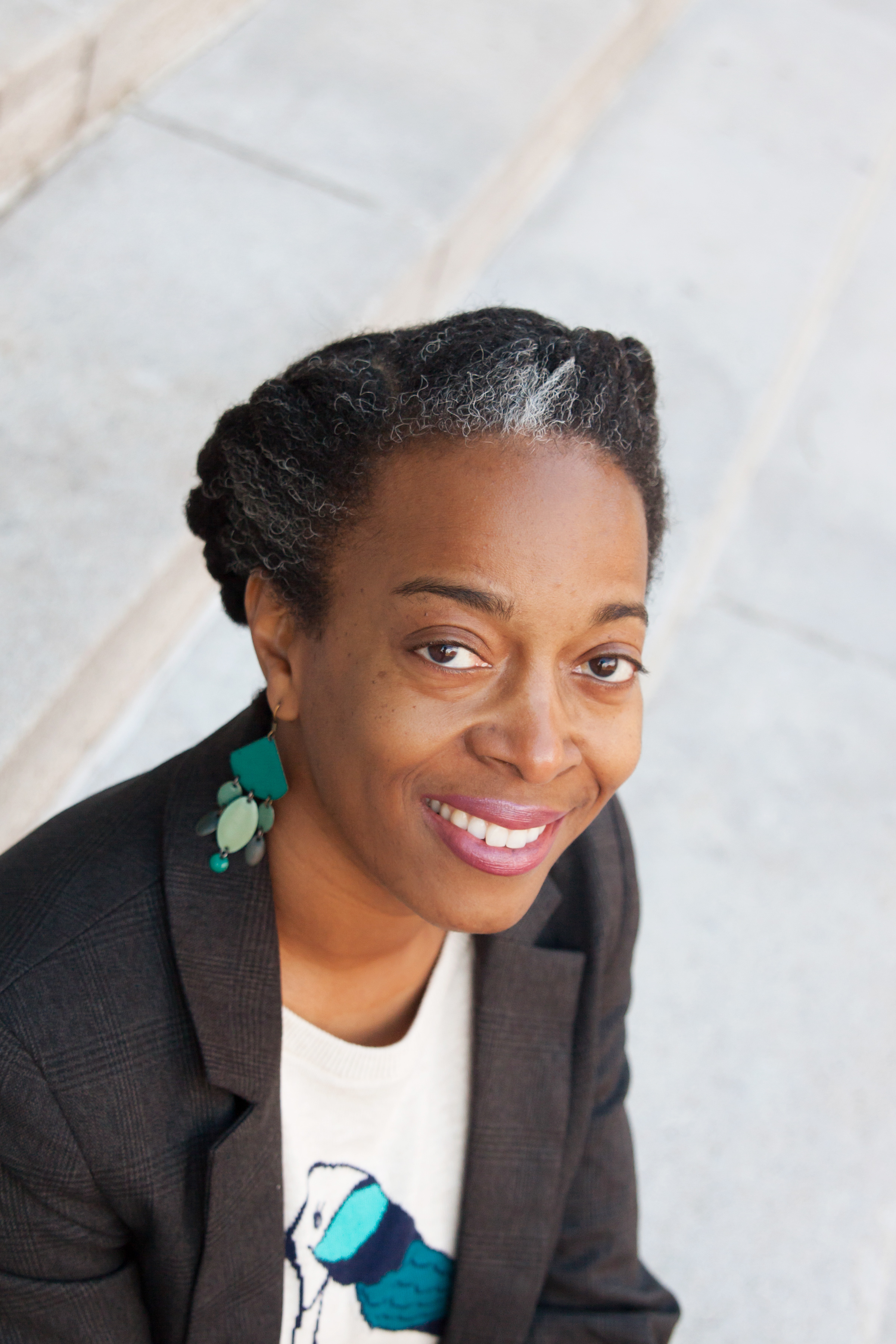 Yona Harvey
Yona Harvey
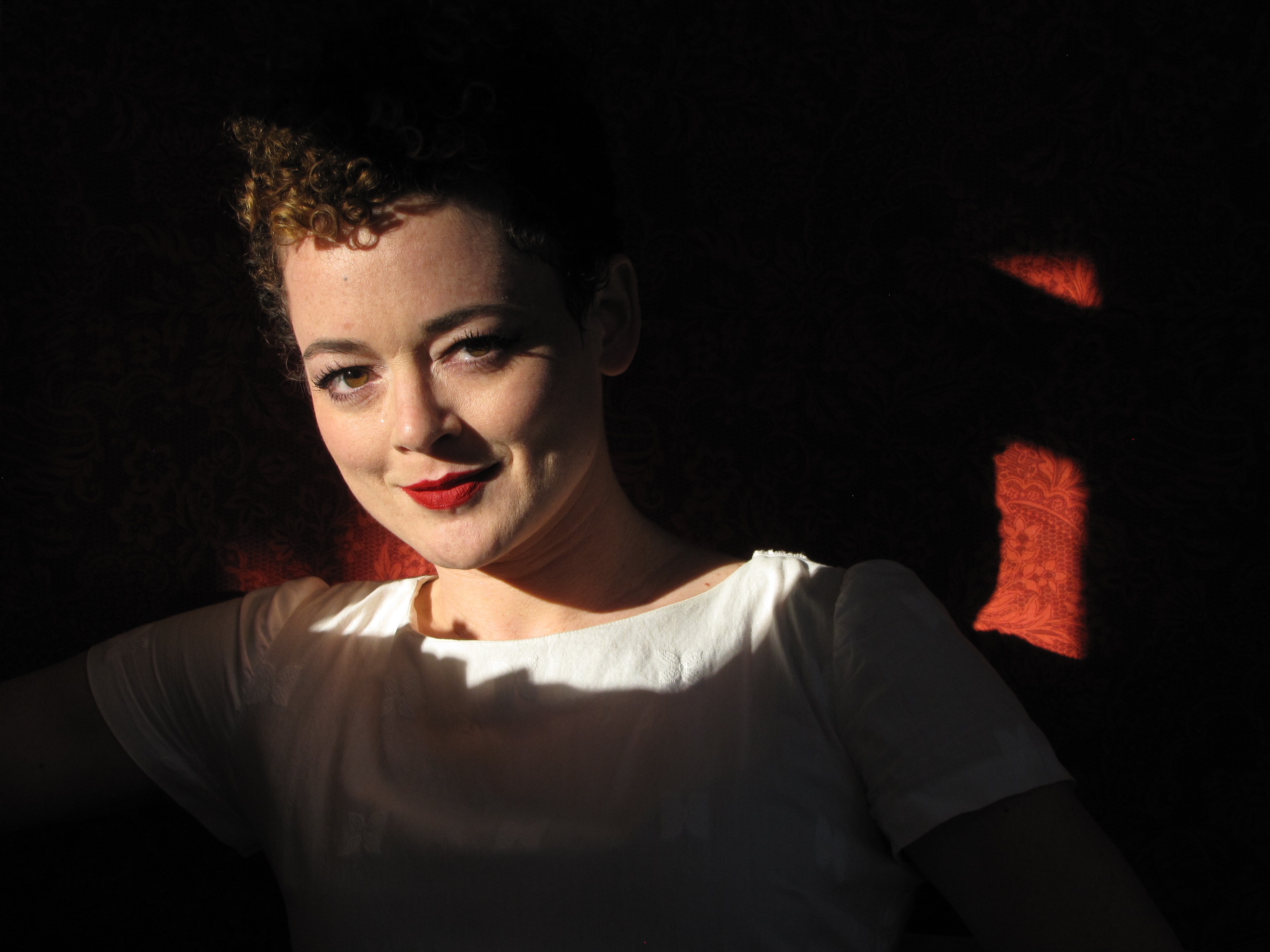
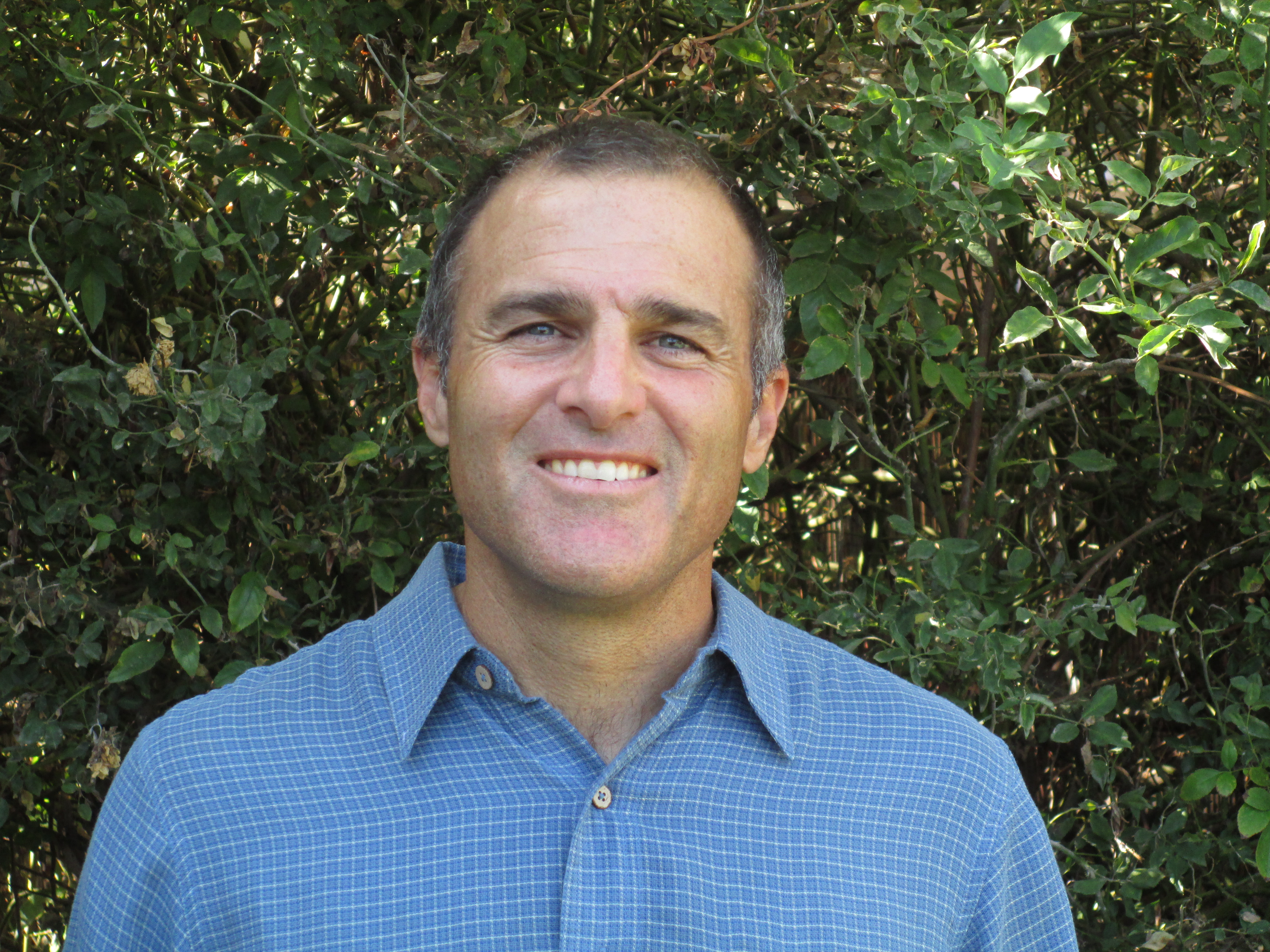 Anyone flipping through Poets & Writers Magazine will notice a number of ads for writing workshops, all of which sound tasty for one reason or another. Like probably millions of other writers, I’ve participated in different workshops and have benefited from working with some talented writers who have led enriching workshops. Without question, these gatherings are worth their weight in gold. But what if you can’t afford their often hefty price tags? Writers workshops are not the only place for writers to go when wanting to give their writing a boost, especially if they want to pay close to nothing.
Anyone flipping through Poets & Writers Magazine will notice a number of ads for writing workshops, all of which sound tasty for one reason or another. Like probably millions of other writers, I’ve participated in different workshops and have benefited from working with some talented writers who have led enriching workshops. Without question, these gatherings are worth their weight in gold. But what if you can’t afford their often hefty price tags? Writers workshops are not the only place for writers to go when wanting to give their writing a boost, especially if they want to pay close to nothing.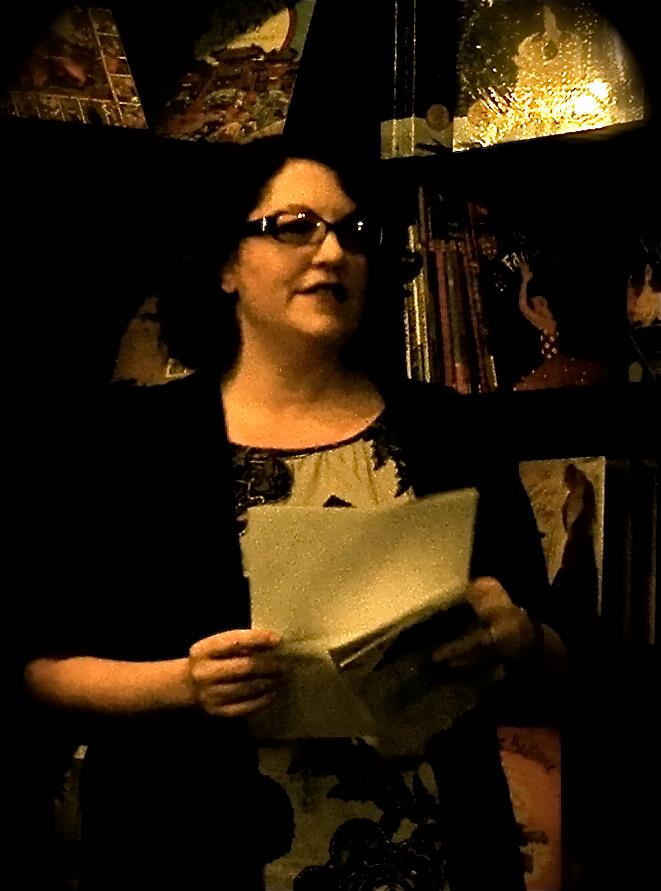 What makes your organization and its programs unique?
What makes your organization and its programs unique?